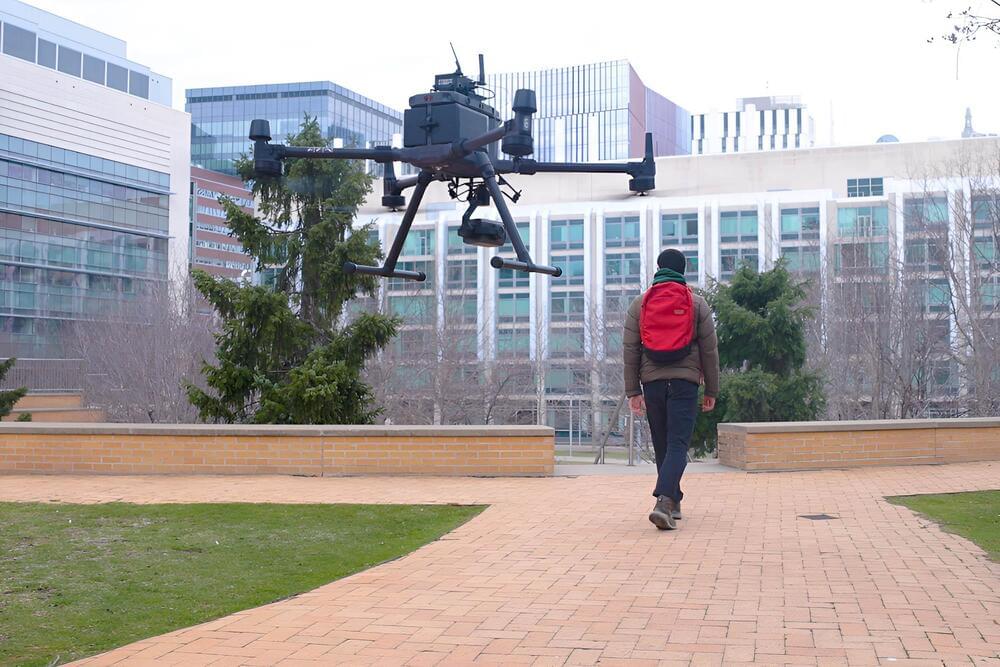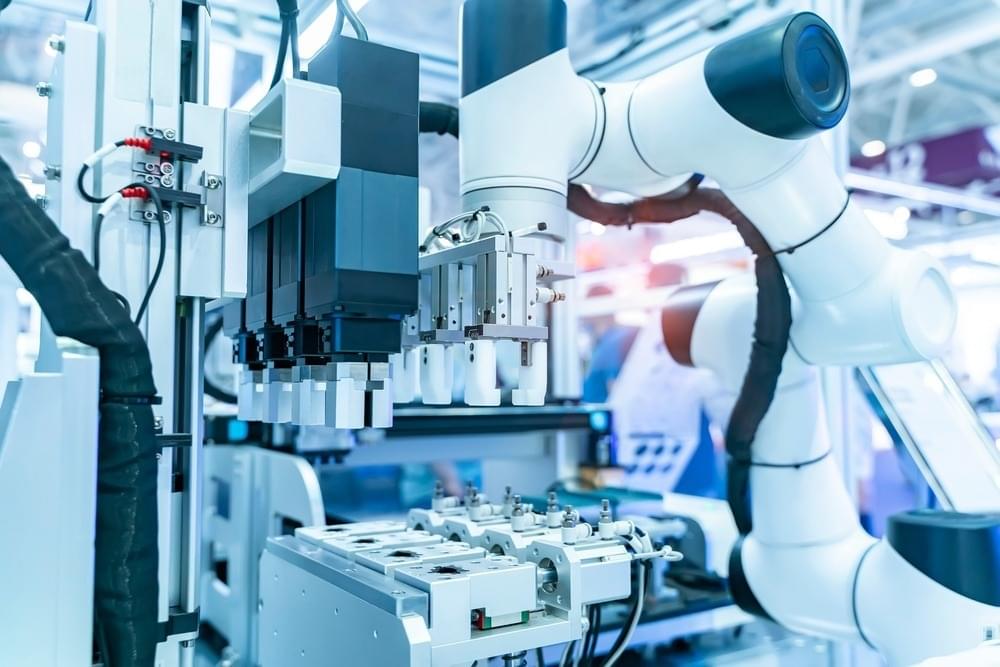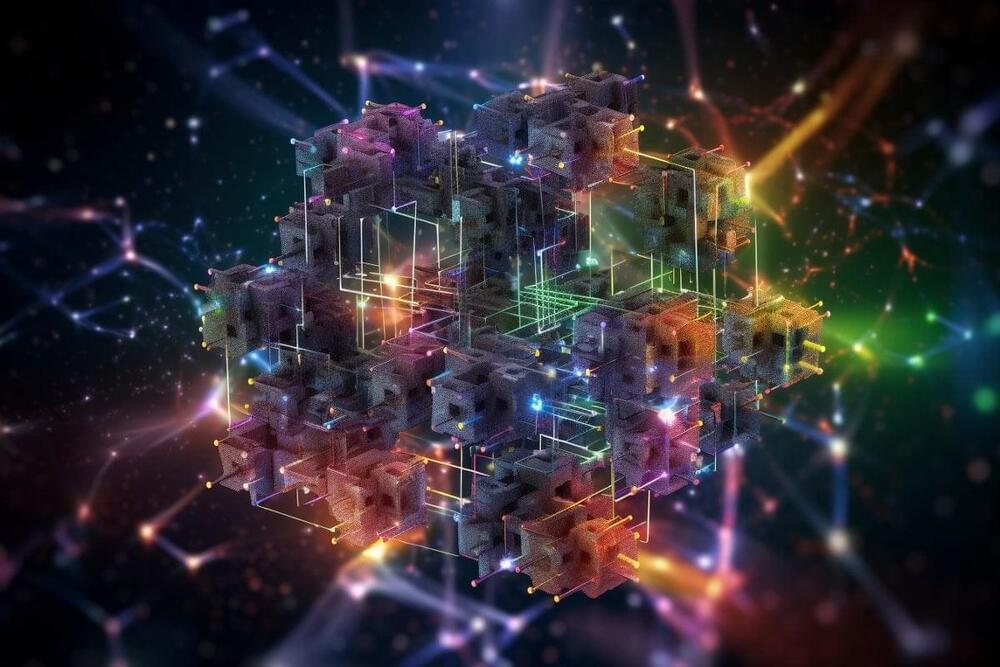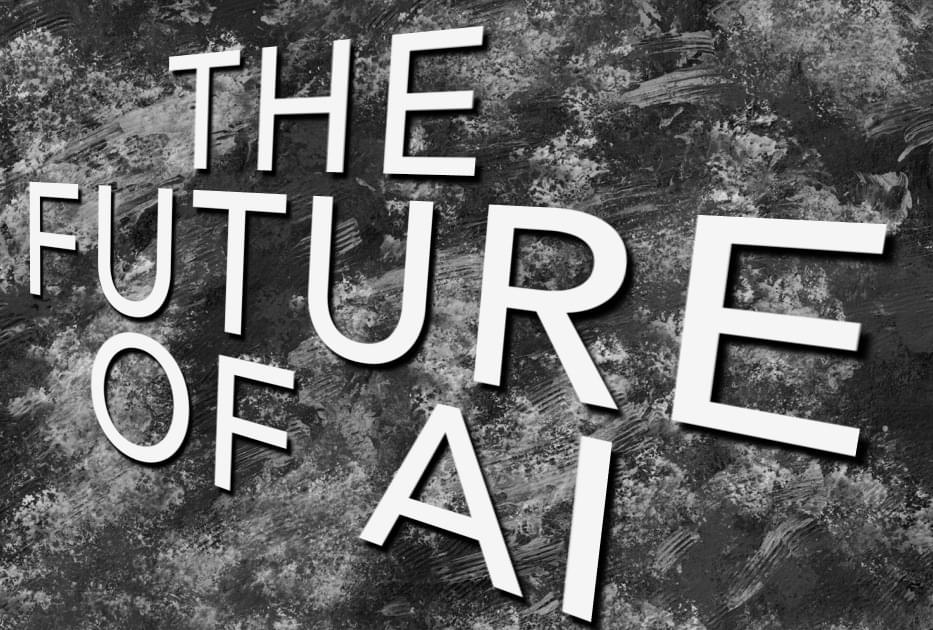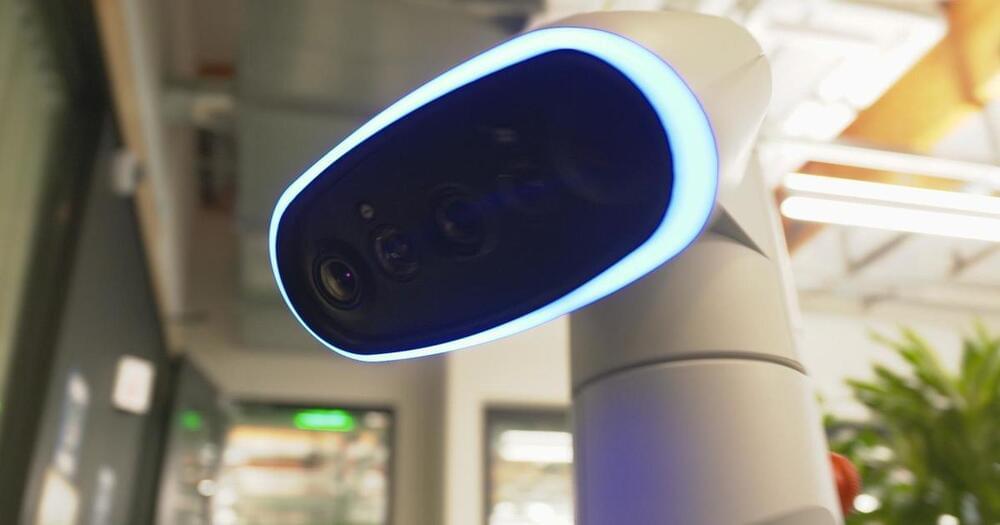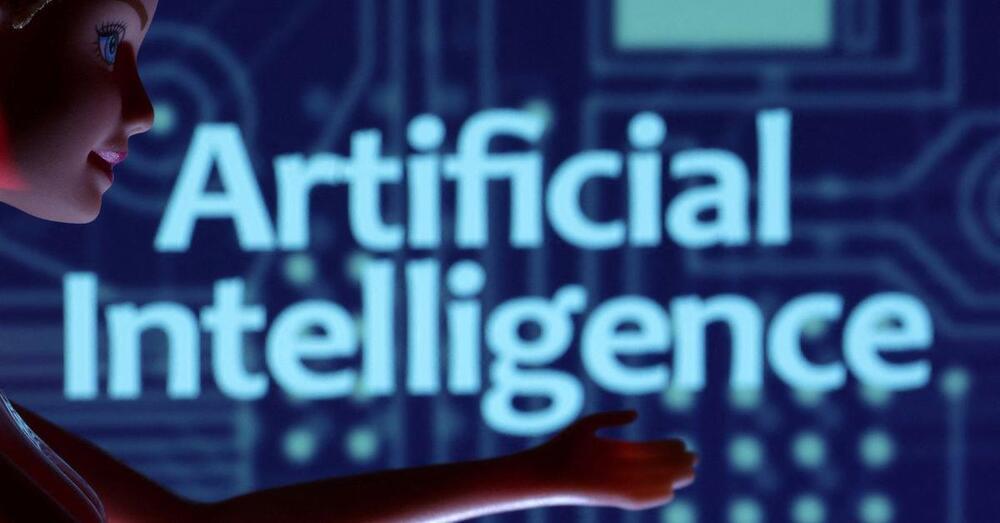May 15, 2023
The future of generative AI is niche, not generalized
Posted by Kelvin Dafiaghor in categories: robotics/AI, sustainability
The relentless hype surrounding generative AI in the past few months has been accompanied by equally loud anguish over the supposed perils — just look at the open letter calling for a pause in AI experiments. This tumult risks blinding us to more immediate risks — think sustainability and bias — and clouds our ability to appreciate the real value of these systems: not as generalist chatbots, but instead as a class of tools that can be applied to niche domains and offer novel ways of finding and exploring highly specific information.
This shouldn’t come as a surprise. The news that a dozen companies have developed ChatGPT plugins is a clear demonstration of the likely direction of travel. A “generalized” chatbot won’t do everything for you, but if you’re, say, Expedia, being able to offer customers a simple way to organize their travel plans is undeniably going to give you an edge in a marketplace where information discovery is so important.

